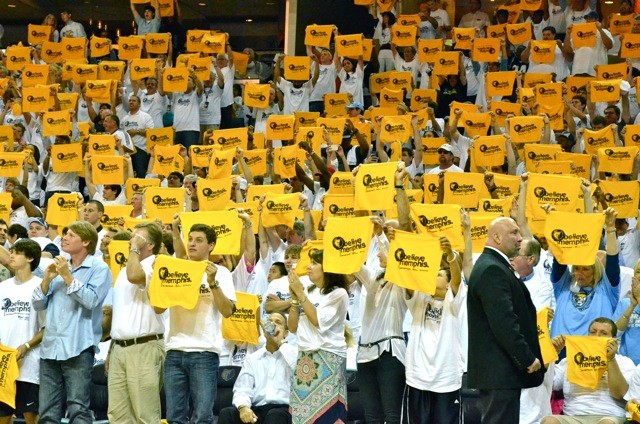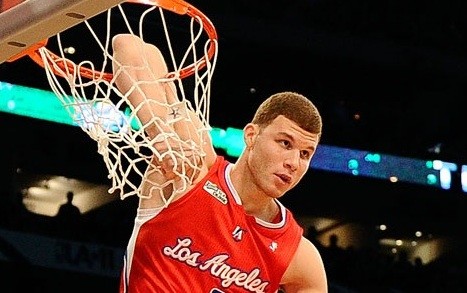
- LARRY KUZNIEWSKI
- Zach Randolph vs. Blake Griffin was a match-up advantage for the Grizzlies, even before Griffin’s recent ankle injury.
The power forward match-up between All-Stars Blake Griffin and Zach Randolph had already shaded into the Grizzlies’ favor ahead of Tuesday night’s Game 5 in Los Angeles, but that game was something of a tipping point.
Griffin, struggling with a high ankle sprain suffered in practice the day before, scored four points on 2-7 shooting in fewer than 20 minutes of play before finally bowing out for good in the third quarter. Randolph, meanwhile, notched a team-high 25 points and 11 rebounds, including scoring 10 points on 5-6 shooting, with an assist, in the fourth quarter.
Randolph has generally played well — and increasingly so — the whole series, despite subpar rebounding in Game 1 and foul trouble in both early Los Angeles games. But his fourth quarter in Game 5 was something a little different. With Marc Gasol on the bench and the Grizzlies searching for offense to keep a Clippers’ comeback attempt at bay, Randolph routinely set up on the right block — but catching and facing pretty far on the right wing — and playing in isolation. He scored three of his five baskets with one-on-one moves from this space — a running hook and then a baseline floater, both over DeAndre Jordan, followed by a stepback jumper over Lamar Odom — and got his assist there too, hitting Tayshaun Prince on a cut down the lane.
It was a flashback to the spring of 2011, when Randolph took over in the fourth quarter of consecutive Game 6s in similar right wing/isolation fashion. Randolph has played well this post-season, but for better or worse, he hadn’t really played like that.
We tend to misremember Randolph’s spring of 2011. The great games — like those dominant sixth games — were so searing that the rough games (especially when Oklahoma City clamped down, leading to Randolph shooting 22-69, or 32%, in Games 2-5) fade away.
Though five games is a terribly small set of information, Randolph’s production, in a lot of ways, has actually been better than in 2011, and certainly more consistent. While Randolph’s rebounding (a little bit up offensively, a little bit down defensively) has mostly held steady, as it pretty much has through the ups and downs of the past two seasons, his scoring has been significantly more efficient, with his 53% true-shooting percentage from the 2011 post-season up to 58% through five games so far this spring.

